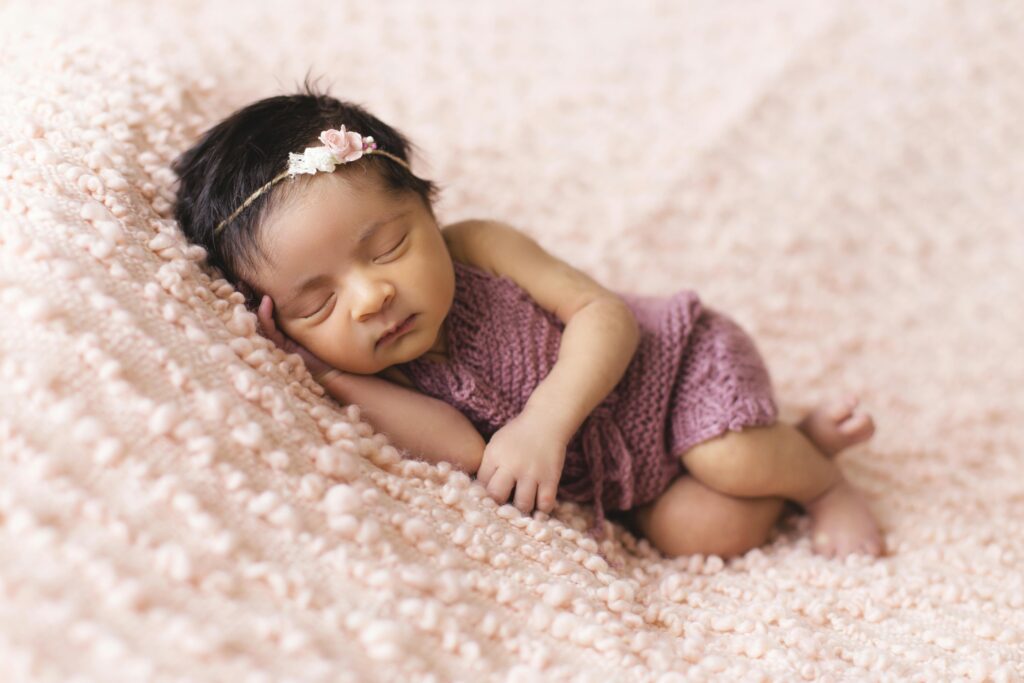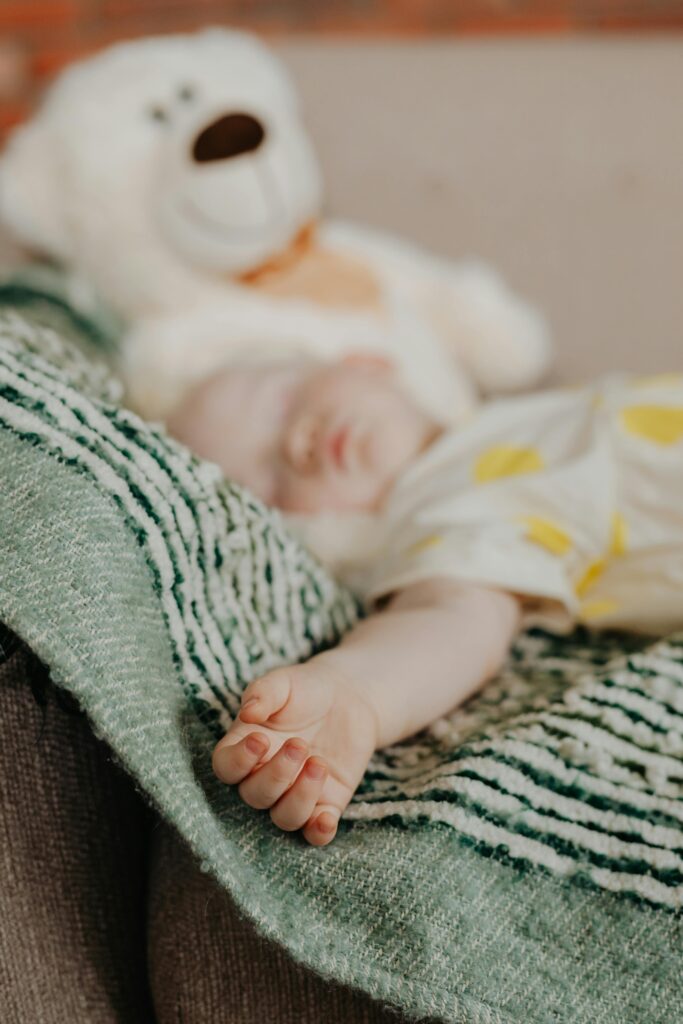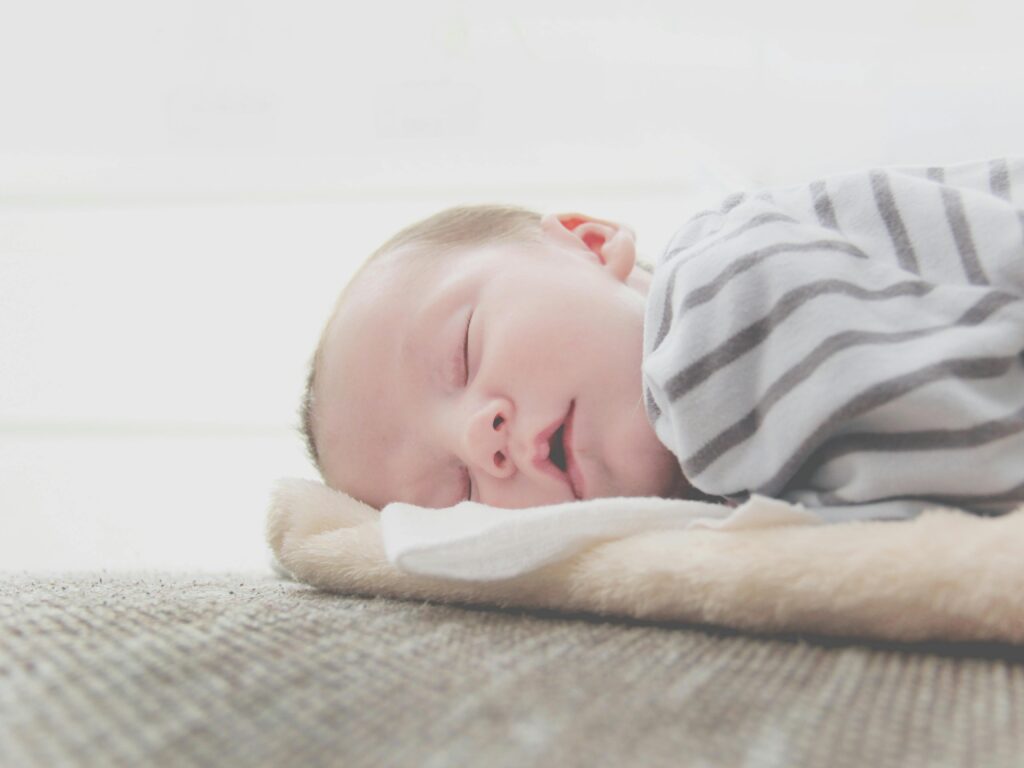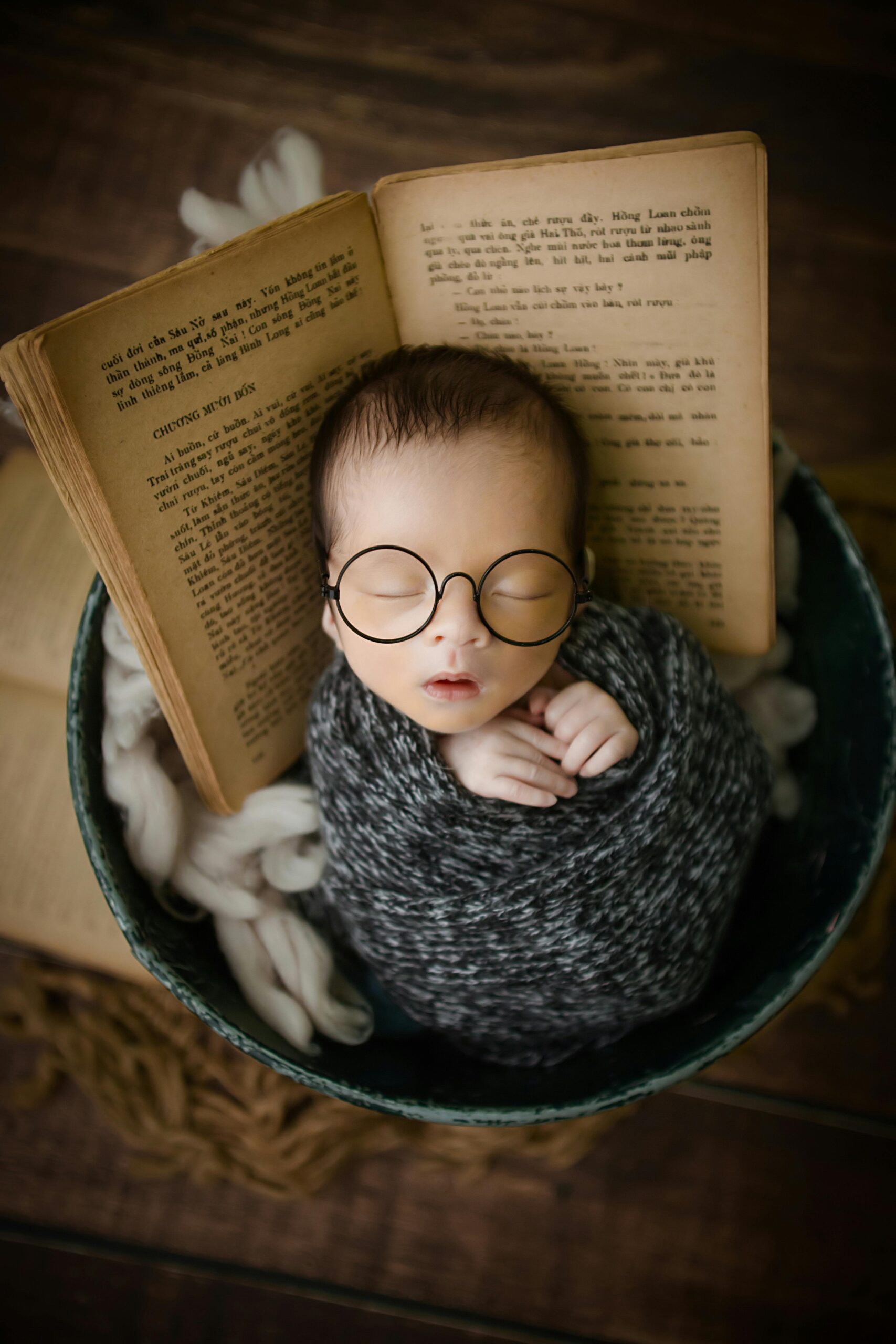
In a society where artificial lighting is a part of everything, doing something as basic as turning off the lights before going to bed may seem insignificant. But whether we choose to sleep in the dark or turn on the lights can have a big impact on our general health and how well we sleep.
For many reasons, from practical concerns to fear of the dark, many people are accustomed to sleeping with the lights on, but the negative effects of this practice are often overlooked. In this excerpt, we explore the unexpected consequences of sleeping with the lights on and explain why, contrary to popular belief, darkness may actually have more benefits.The facts of sleep and Optics. It is important to understand the relationship between light and sleep before exploring adverse effects.
Our circadian rhythm is an innate 24-hour internal clock that is triggered by environmental cues, primarily light and dark. This cycle is controlled by exposure to light, especially natural sunlight, which tells our bodies when it’s time to sleep at night and when they should wake up and be aware throughout the day.Known as the “sleep hormone,” melatonin is an essential hormone that regulates our circadian rhythms.
The pineal gland located just below CNS brain releases melatonin in response to darkness, which stimulates the sensation of exhaustion and helps to fall asleep. But exposure to light, especially blue light emitted from artificial lights and electronic devices reduces the production of melatonin, which shortens our sleep cycle.

Side effects of sleeping with lights on
Probably the most evident adverse consequence of sleeping with lights on is the disturbance of sleep patterns. The synthesis of melatonin can be disrupted by exposure to light, even at low levels, which can make it difficult to fall asleep and stay asleep during the night. This interruption may cause people to have fragmented sleep, which can make them feel exhausted and sluggish in the morning.
Decreased Sleep Quality: Getting enough sleep is critical to one’s general health and wellbeing. Sleeping with lights on has been linked to a reduction in the overall quality of sleep, according to studies. Even exposure to low levels of light during the night can disrupt the natural patterns of sleep and decrease the generation of melatonin, which diminishes the restorative effects of sleep patterns.
Effect on Mental Health: Getting enough sleep is essential to preserving mental wellness. But sleeping with the lights on can exacerbate mood disorders, anxiety, and despair. Natural sleep cycles are disrupted, which can aggravate mental health conditions already present or lead to the emergence of new ones.Eye strain and discomfort can result from prolonged exposure to artificial light, particularly from harsh or bright illumination. Dryness, irritability, headaches, and trouble focusing are some manifestations of this, which can further interfere with sleep and have a detrimental effect on general wellbeing.
Health risk:Prolonged exposure to artificial light at night has been connected to a number of health problems, such as diabetes, obesity, heart disease, and several cancers. Over time, the body’s vulnerability to various health disorders might increase due to disruptions in the circadian rhythm and melatonin production, which can upset the body’s internal equilibrium.
Possible Disruption of Circadian Rhythm: A number of physiological functions in our bodies are regulated by the natural cycle of light and dark. The circadian rhythm can be disturbed by sleeping with the lights on because this can throw off the body’s internal clock. In addition to impairing sleep, this disruption may also have an effect on immune system, hormone
Limit Electronics and Stimulants: Since they can disrupt sleep, stimulants like caffeine and nicotine should be avoided right before bed. Moreover, switch off electronics at least an hour before going to bed to reduce blue light exposure and promote natural brain relaxation.
Seek expert Assistance if Needed: If, in spite of trying these measures, you are still having trouble falling asleep, you might think about consulting a medical expert or sleep specialist. They can offer tailored interventions to enhance the quality of your sleep and assist in determining the underlying causes of your sleep difficulties., and digestion.
Useful Advice for Improved SleepEstablish a Sleep-Friendly Environment: Keep your bedroom cold, dark, and quiet to establish it as a sleep sanctuary. To reduce glare, use earplugs or white noise generators, and buy blackout drapes or eye masks to filter out undesirable light.

